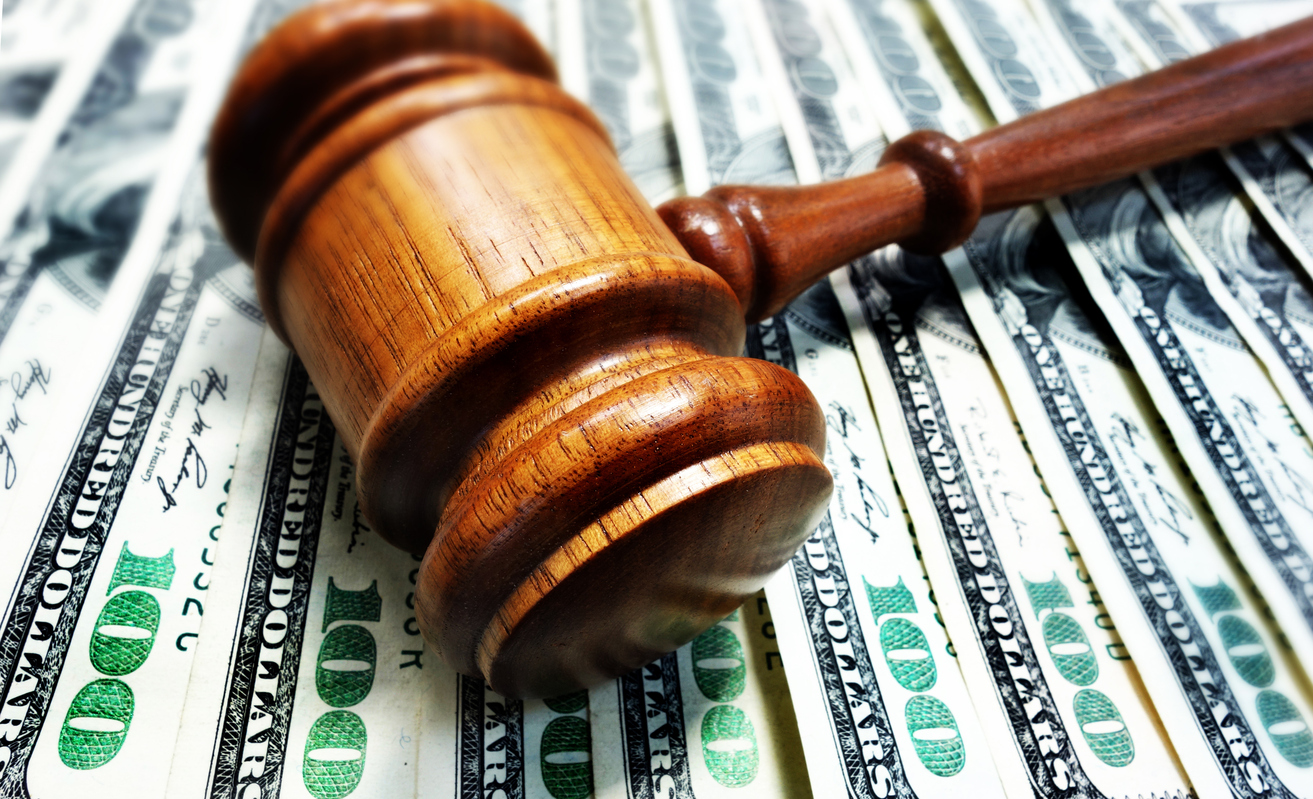Victor Waite | August 25, 2025 | Personal Injury

When you’ve been injured in an accident, the last thing you want to worry about is how to pay for a lawyer. Medical bills, lost wages, and other expenses can add up quickly. Fortunately, many personal injury lawyers in Florida use contingency fee agreements, making it possible to get skilled legal representation without paying up front.
This guide explains what contingency fees are, how they work in Florida, and what you should know before signing an agreement.
What Is a Contingency Fee?
A contingency fee is a payment arrangement where your attorney’s fee depends on whether you win your case. Instead of paying by the hour or a flat rate, the lawyer takes a percentage of the compensation you recover through a settlement or verdict for your economic and non-economic damages. If you don’t win, you typically don’t owe any attorney’s fees.
This type of arrangement makes legal help accessible to people who might not otherwise afford it, especially after a serious injury.
How Contingency Fees Work in Florida
In Florida, contingency fee agreements must follow specific rules set by the Florida Bar. These rules help protect clients and ensure fee structures are fair and transparent.
Generally, the percentage your lawyer receives is agreed upon before they begin working on your case. For example, your agreement might say that your attorney will take 33⅓% of the total recovery if the case settles before a lawsuit is filed, and a higher percentage if the case goes to trial.
The agreement will also detail how expenses like court filing fees, expert witnesses, and medical record requests will be handled. Usually, these costs are deducted from your settlement after the lawyer’s fee is taken out.
Advantages of Contingency Fee Agreements
One of the biggest benefits of a contingency fee is that it reduces financial risk for the injured person. You don’t have to come up with money up front, and your lawyer only gets paid if you do. It also aligns your attorney’s goals with yours. Since the lawyer’s pay depends on winning, they have an incentive to work hard to get you the best possible result. This can mean thorough investigation, strong negotiations, and aggressive trial representation if necessary. For many injury victims, contingency fees open the door to high-quality legal help that might otherwise be out of reach.
Typical Percentages in Florida Personal Injury Cases
While every case differs, the Florida Bar provides rules for maximum allowable percentages in personal injury cases.
The caps for cases that settle before filing a lawsuit include:
- 33 1/3% of any recovery up to $1 million
- 30% of any portion of the recovery between $1 million and $2 million
- 20% of any portion of the recovery exceeding $2 million
The caps differ slightly if the case goes to trial or arbitration:
- 40% of any recovery up to $1 million
- 30% of any portion of the recovery between $1 million and $2 million
- 20% of any portion of the recovery exceeding $2 million
Other percentages can apply, and courts can approve other percentages in certain situations. Specific rules also apply to medical malpractice cases. Your attorney should clearly explain these percentages before you sign anything, so you know exactly what to expect.
Costs and Expenses Beyond Attorney’s Fees
It’s important to understand that contingency fees cover your lawyer’s legal services, but case expenses are typically separate and may include:
- Filing fees for court documents
- Costs for obtaining medical records or police reports
- Expert witness fees
- Travel expenses for depositions or court hearings
Some lawyers cover these expenses as the case progresses and deduct them from your settlement award if they win one. Others may require you to pay certain costs as they arise. Before agreeing to representation, ensure you know how these expenses will be handled.
What Happens if You Lose Your Case
One of the most reassuring aspects of a contingency fee is that you generally don’t owe any attorney’s fees if you don’t win. However, depending on your agreement, you might still be responsible for some or all case-related costs. That’s why it’s essential to review the fine print.
Ask your attorney what will happen and how expenses will be handled if your case is unsuccessful.
Questions to Ask Before Signing a Contingency Fee Agreement
Before you agree to hire a lawyer on a contingency basis, take time to ask questions such as:
- What percentage will you take if the case settles early? If it goes to trial?
- How will case expenses be handled?
- Will I owe anything if we lose?
- Can I see a sample settlement calculation?
Clear communication at the start helps avoid misunderstandings later. A reputable attorney will gladly explain all terms in plain language so you can make an informed decision.
Contact Our Delray Beach Personal Injury Lawyer at The Injury Law Firm, PA for a Free Consultation
Understanding how contingency fees work can help you feel more confident about pursuing a personal injury claim. This arrangement removes the financial barrier to getting skilled legal help and ensures your attorney is motivated to fight for the best possible outcome.
If you’ve been injured in Florida, talking to a Delray Beach personal injury lawyer about a contingency fee agreement could be the first step toward securing the compensation you deserve—without adding financial stress to an already difficult time. Call The Injury Law Firm, PA to set up a free consultation.
The Injury Law Firm, PA.
301 W. Atlantic Ave, Suite O-1
Delray Beach, FL 33444
(561) 800-4357
